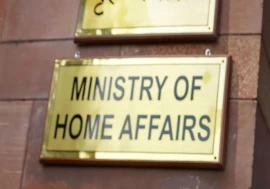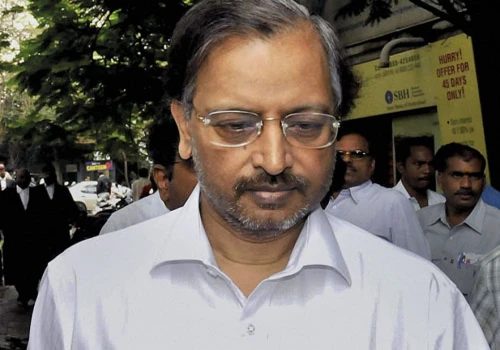
In a move that could have significant implications for corporate governance in India, minority shareholders of Jindal Poly Films Limited (JPFL) have filed a class-action petition against the company and its promoter, Shyam Sundar Jindal. The petition, filed before the National Company Law Tribunal (NCLT), alleges mismanagement and questionable business practices at the leading film packaging company.Mismanagement and Undervaluation Claims Cast a Shadow. The crux of the lawsuit revolves around accusations of mismanagement by the company's leadership. Minority shareholders allege that JPFL has engaged in activities detrimental to their interests.
According to a report by the Economic Times (ET), a key concern involves the alleged sale of certain company investments to a trust controlled by Shyam Sundar Jindal, the company's promoter, at prices allegedly below fair market value. These transactions, if proven to be true, could violate fiduciary duties and unfairly benefit controlling stakeholders at the expense of minority investors.
By filing a class-action lawsuit, minority shareholders are attempting to collectively address their concerns and potentially recover compensation for any financial losses incurred due to the alleged mismanagement. The NCLT, a specialized court in India that deals with company law matters, will determine the validity of the claims and issue a ruling. The hearing for the case is scheduled for April 9, 2024. Market Reaction and Share Price Performance. Despite the legal challenge, Jindal Poly Films' stock price closed 3.18% higher at ₹525 on the National Stock Exchange (NSE) on Thursday. However, it's important to note that the stock price has fallen by 20% so far in 2024, indicating broader investor concerns that may or may not be directly linked to the current lawsuit.
A Case for Transparency and Accountability. This lawsuit underscores the growing importance of transparency and accountability in corporate governance. Minority shareholders are increasingly using legal tools to protect their rights and ensure fair treatment by company management. The outcome of this case will be closely watched by investors and industry stakeholders alike, as it has the potential to set a precedent for future disputes between minority shareholders and controlling interests in Indian companies. Looking Ahead: A Fight for Fairness. The legal battle between Jindal Poly Films and its minority shareholders is far from over. The upcoming NCLT hearing will be a crucial juncture in the case. The court's decision will determine whether the allegations of mismanagement hold weight and what recourse, if any, will be available to the minority shareholders. This case serves as a reminder of the importance of upholding ethical business practices and protecting the interests of all stakeholders within a company.












